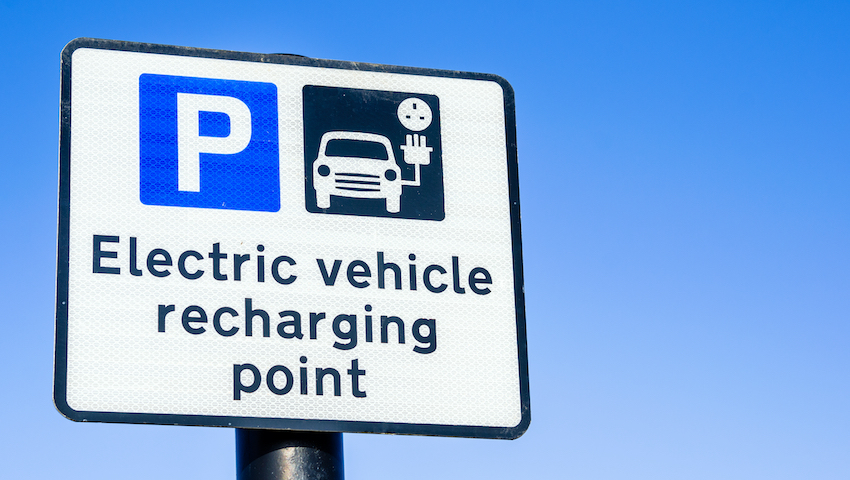UK comes fourth in ‘electric vehicle readiness’ index
The UK has ranked fourth for electric vehicle readiness, according to the new EY EV Country Readiness Index.
The Index ranked ten nations on the basis of supply, demand and regulation, and categorises them as leaders, aspirants or followers.
It found that China leads the way for EV readiness, ahead of Sweden, Germany and the UK. The rest of the top ten was made up of South Korea, the US, Japan, Canada, Italy and India.
China, Sweden and Germany are currently leading the rankings because of key EV market strengths such as original equipment manufacturer (OEM) presence, policy support and battery supply. The UK has ranked fourth overall, but is in the top three for the categories of regulatory and demand readiness, ahead of Sweden and Germany. While the UK has some elements of real strength, the report states its supply ecosystem will require further development if this market is to become a world leader.
The EY Mobility Lens Forecaster shows that combined EV sales in the US, China and Europe will surpass all other vehicle-engine sales as soon as 2033, with non-EV sales shrinking to less than 1% of overall sales in these countries by 2045.
Infrastructure key for UK
The index highlighted the UK’s need to optimise its charging infrastructure and develop a manufacturing base for EV batteries if it is to climb higher in the rankings.
It also found that, of the three areas measured by the EY Global EV Country Readiness Index, support for the UK’s EV supply ecosystem is a key element holding the UK back when it comes to advancing the domestic market.
The index measures five main elements in relation to supply: the domestic presence and future plans of OEMs; energy ecosystem maturity, which includes renewable energy penetration, availability of smart charging and vehicle to grid (V2G) options, and the electricity demand-supply gap; charging infrastructure; EV battery supply; and the prevalence of new battery and EV business models, such as leasing, subscription, battery swapping and finance options.
The report stated: “For the UK to progress further in the rankings, certain areas will require government support, as well as public and private investment. Optimising the fragmented nature of the UK’s charging infrastructure should be a top priority, as should developing a UK manufacturing base for EV batteries. Such issues are already being addressed in other markets; for example, the German Government announced plans in July to fund a €90mn (£77.2m) public charging infrastructure modernisation programme.”
As well as a need to increase charging capacity and a need to balance out public, private and workplace charger availability, the report also found that public perception towards electric vehicles in the UK also needs to improve.
About 54% of the surveyed consumers in the UK consider a lack of charging infrastructure as a deterrent to purchasing an EV, compared with less than 36% in Sweden, 40% in China, and 52% in Germany and the US, according to the EY Mobility Consumer Index.
In its summary for the UK, the Index stated: “Having ranked fourth in the first EY EV Country Readiness Index, the UK must achieve public and private sector coordination, and integrated planning, to become a global leader of the EV transition. While consumer demand for EVs is strong, continued support for the development of battery technology – and greater investment in the nation’s fragmented charging infrastructure – are key to the UK’s progress. With the right industry partners, corporates and policymakers, the UK can hope to de-risk EV investment and rise up the index rankings.”






